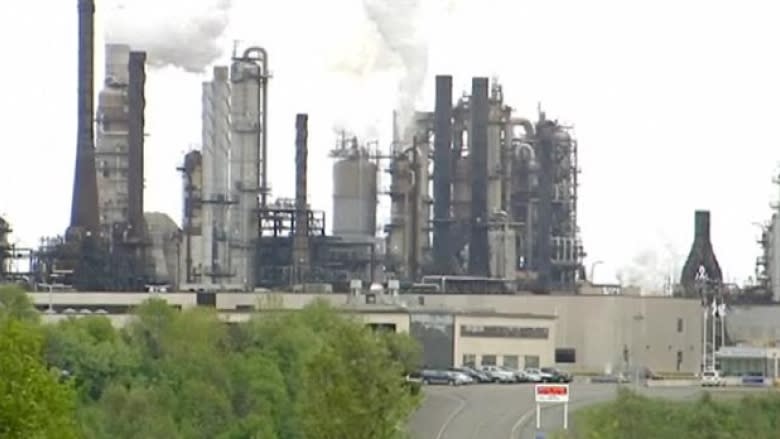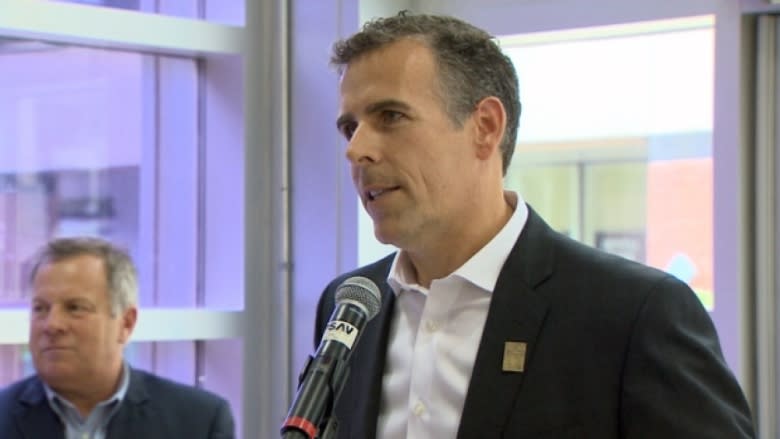Saint John to hire experts to look at overhaul of tax system
The City of Saint John is poised to hire two of Canada's top experts in municipal financing as part of its fight to revamp the property tax system.
Enid Slack and Harry Kitchen have collaborated on a number of studies looking into revenue issues for municipalities.
Slack is the director of the institute on municipal finance and governance at the Munk School of Global Affairs at the University of Toronto.
Kitchen is professor emeritus at Trent University in Peterborough, Ont. He specializes in Canadian taxation and public policy issues, and local government revenues.
Monday's city council agenda includes a proposal to hire the two academics for a fee of $25,000 to perform a study and make recommendations.
"The first step is around a study or analysis of taxation and the relationship between residents, business, commercial and institutions in Saint John," said Mayor Don Darling.
"This is acting on one of council's priorities, one of the key pillars in our priorities under growth."
Greater tax burden for residents
Residential taxpayers have been asked to bear a larger share of the municipal tax burden in recent years.
An investigation by CBC reporter Robert Jones found Saint John homeowners now pay about 61 per cent of city taxes, up from 55 per cent in 2000.
Saint John councillors have been particularly concerned about tax breaks granted over the years to industry. Those breaks extend to crude oil storage tanks and pipelines.
Pressure from the city recently led to the provincial government rescinding a special 25-year deal for the Canaport LNG terminal that has cost the city tens of millions over the years.
According to the CBC investigation, up to $3.5 billion worth of property in New Brunswick enjoys some kind of special tax treatment, a tradition of concessions that has cost the province an estimated $380 million, plus interest, over nearly four decades.
Disparities in how properties are assessed has also been an issue in the province.
Tax records from Strathcona County in Alberta show in 2015 its two oil refineries paid a combined $26.4 million in property tax, with 96.7 per cent of that going to the municipality.
By contrast, Saint John's refinery pays $4.8 million in property tax.
Saint John gets 55 per cent of that, or $2.6 million, with the provincial government taking the rest.
Nova Scotia studied in 2014
In 2014, Kitchen and Slack wrote a report on municipal property taxation in Nova Scotia.
It notes the taxation of commercial and industrial properties at higher rates than residential properties is common practice in Canada and in many other countries.
But it adds that businesses also make less use of municipal services such as social housing, libraries and recreational
facilities and are often responsible for providing their own garbage collection, security and fire protection.
If the study does lead to recommendations for the reform of the provincial property tax system the file will have to be turned over to the provincial government.
"Once we get the report back and we've been able to analyze it, I suspect we'll be having a conversation [with the province]," Darling said.
"If there's any recommendations around change to taxation, obviously that's outside our jurisdiction."
Saint John MLA Ed Doherty is the city's representative in the provincial cabinet and the likely conduit for a request to Fredericton for tax reform.
"We take taxation very, very seriously," said Doherty, who noted his government's rescinding of the Canaport LNG tax concession.



